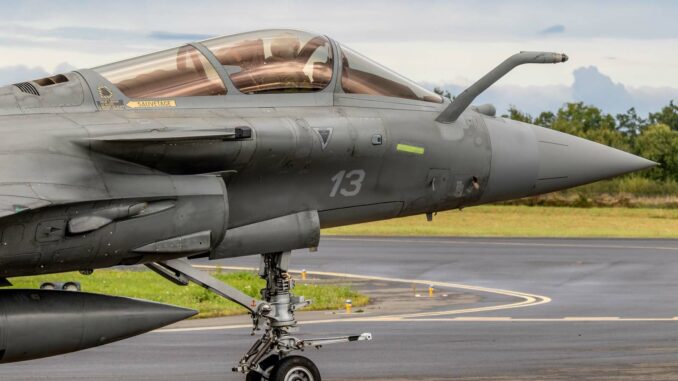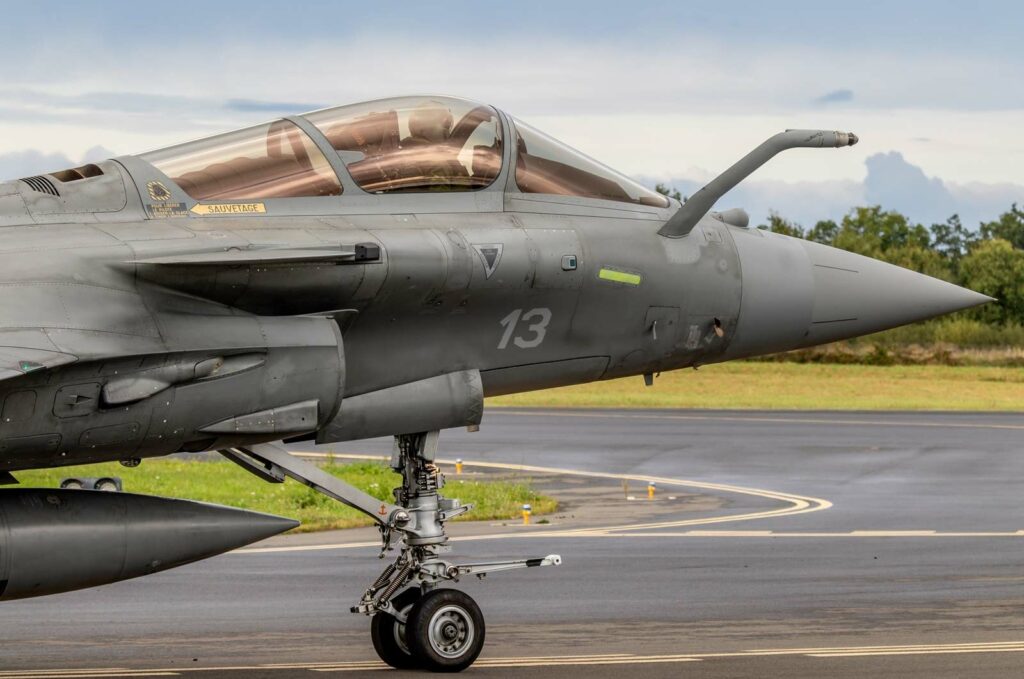
Explore the worldwide popularity of the Rafale fighter jet, and the production challenges facing Dassault Aviation in the face of growing demand.
Dassault Aviation’s Rafale embodies an industrial paradox: a fighter jet with international acclaim, but production struggling to keep pace with growing demand. This multi-role fighter, adopted by a number of nations, reveals the limits and challenges facing the French aeronautics industry in the face of a rapidly expanding global market.
Rafale’s international success
The Rafale stands out for its advanced performance and versatility, making it a preferred choice for many countries. Committed by nations such as India, Egypt, Greece and the United Arab Emirates, this aircraft symbolizes French excellence in defense. Its popularity reflects a diversified procurement strategy by the world’s air forces, seeking to balance their fleets without relying exclusively on traditional Russian or American suppliers.
Production challenges in the face of growing demand
Faced with exponential demand, Dassault Aviation is facing production capacity challenges. With a full order book, the company must significantly increase its production rate to meet its contractual commitments. This situation highlights the complexity and intensity of the efforts required to assemble modern fighters, marked by advanced technology and extensive supply chains.
Strategic implications of production rate
Dassault’s ability to deliver Rafales on time directly influences the military and strategic planning of the acquiring nations. Delayed production could impact customers’ defense capabilities and alter perceptions of the reliability and efficiency of the French defense industry, at a time when air forces are seeking to rapidly modernize their arsenals in the face of current geopolitical tensions.
France: an industrial player under pressure
The Rafale, mainly supported by French resources and skills, illustrates the limits of a national defense industry faced with a global market. Dassault’s production constraints reflect a broader challenge for France, as it seeks to maintain its industrial autonomy while meeting growing international demand, in a sector where competition is fierce and technological stakes are high.

Towards increased production: realities and prospects
Increasing Rafale production represents a major challenge for Dassault, requiring optimization of industrial capacities and adaptation to the constraints of the global supply chain. Managing engineering talent, ramping up suppliers and aligning with customer expectations are crucial if the company is to respond effectively to growing international demand.
Geopolitical and commercial considerations
The attractiveness of the Rafale comes at a time when nations are reassessing their strategic choices in terms of military equipment, looking for alternatives to the American and Russian options. This commercial dynamism for the Rafale reflects a changing geopolitical landscape, where diversification of military equipment supply sources is becoming a strategic priority for many countries.
A delicate balance to maintain
Dassault Aviation’s current situation, torn between sustained international demand and the limits of its production capacity, highlights the challenges inherent in the defense aeronautics industry. The Rafale, an emblem of French technology and know-how, is at the heart of a major industrial and strategic challenge, illustrating the complexity of responding to a dynamic global market while preserving the quality and performance standards for which it is renowned.
War Wings Daily is an independant magazine.